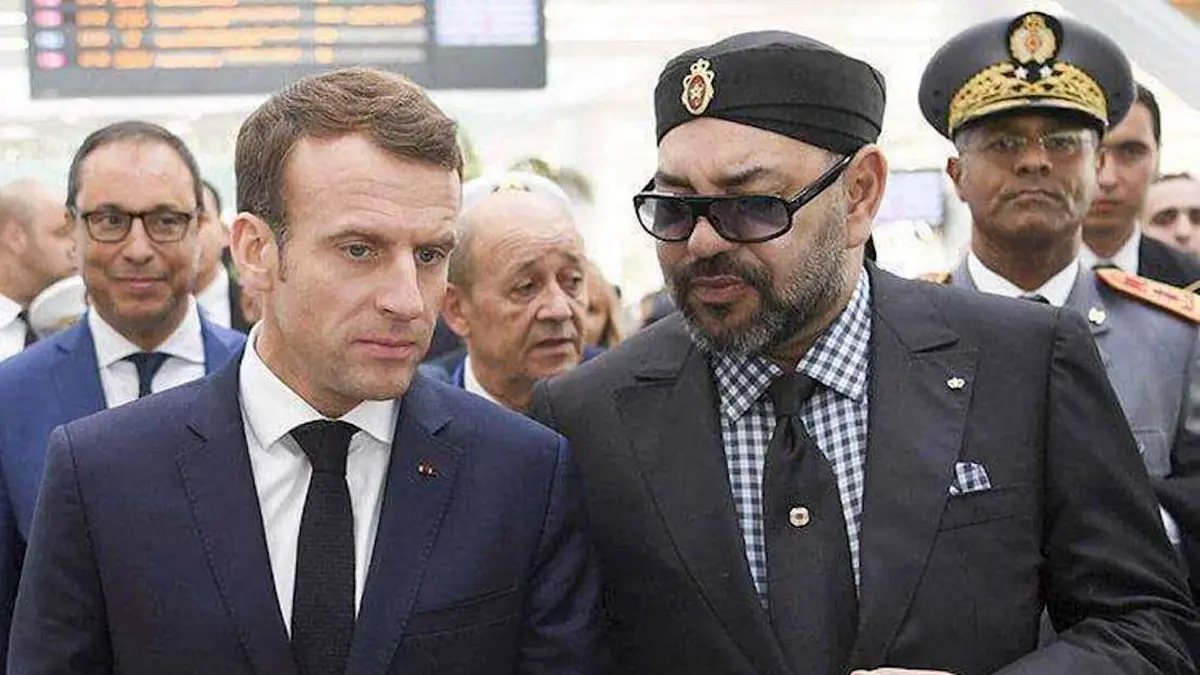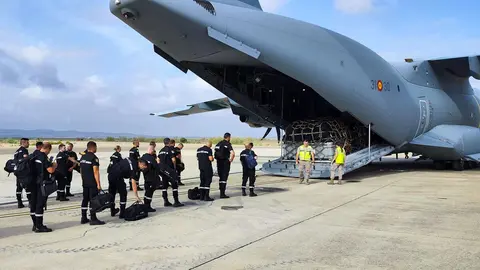France feels humiliated by Morocco

A great controversy has broken out in France caused by Morocco's refusal to accept the "official aid" offered by the French Government and President Enmanuel Macron himself, destined to help the victims of the tragic earthquake that shook the country a week ago and which has claimed three thousand dead and thousands of injured. Morocco has, of course, accepted humanitarian aid from French civil society, from groups of mostly Moroccan citizens, but also Algerians and Tunisians with French nationality, and from numerous solidarity associations from all over Europe. But the offers of official aid, it passes them through a sieve.
In reality, the French regime is humiliated by the fact that its former North African colony - the French Protectorate in Morocco lasted the whole of the first half of the 20th century - has not begged it to help it cope with the catastrophe.
Rabat's official position is that, in view of the experiences of the disastrous management of natural disasters in Haiti, in Turkey, in Greece and even in Italy recently, only the aid essential to deal with the first aid, which is the search and rescue of survivors, will be accepted. In a second stage, the Moroccan authorities declare that they will assess the needs and accept the corresponding aid accordingly.
France has not seen it this way, and is crying foul, insinuating that there is discrimination, rivalry, revenge of the Moroccan regime against the French power. The polemic is served. The political opposition in general has taken sides in favor of Morocco and its martyred people, which is also declared by official France. But putting the old metropolis at the bottom of the list of countries offering aid has not been well received.
The fact is that offers of aid to Morocco are counted in dozens of countries, and Morocco has so far accepted only four, the United Arab Emirates and Qatar, on behalf of the Gulf monarchies, and Great Britain and Spain, on the European side. The latter countries have very advanced tracing techniques at their disposal, with internationally recognized human and trained canine teams.
International aid is an instrument of the foreign policy of the countries that provide it. With two purposes, which can go together or separately: to show good relations with friendly and allied countries, or to seek a dependence on the country to be helped so that it pays for it in politics, in business or in perks. Aid is never disinterested. The countries that offer it want to guarantee their interests, but so do those that receive it.
A question of sovereignty
Accepting international aid to deal with natural disasters (earthquakes, floods, fires) means opening one's own national sovereignty space to interventions by third parties. In Morocco, it is considered that the area of national sovereignty cannot be opened to countries which do not recognize it or which have an ambiguous position with regard to it, as is the case with France.
The question of Western Sahara is the yardstick by which the international relations of the Kingdom of Mohamed VI are measured. He declared it himself already two years ago, and it is still in force. "If France does not accept our national sovereignty over the Sahara - they say in Morocco - why should we open our sovereign space to its intervention?".
But the most illustrative case is that of Algeria, whose government offered aid if Morocco asked for it, knowing that Rabat would not accept it in any way, since the two countries have been at loggerheads for half a century not only over the question of Western Sahara as an ideological position (Morocco considers it its own territory, and Algeria a territory yet to be decolonized), but also because the Polisario Front movement that bombards this Moroccan sovereignty is armed, financed and harbored by the Algiers regime.
Not to mention the non-acceptance of the delimitation of land borders, defined at the time by Algerian President Chadli Bendjedid and King Hassan II of Morocco. Aid is a weapon in the hands of States.


